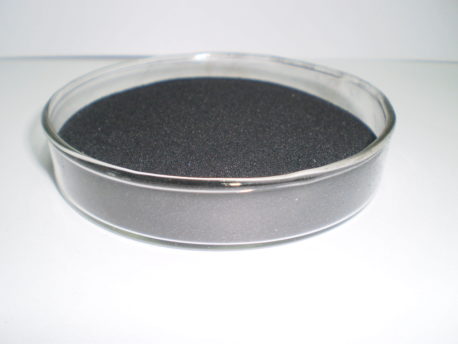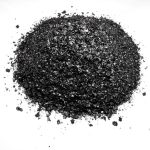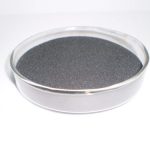Humus
Humus is the end product of the microbial decay of organic matter. Humus contains both humic and non-humic material. Humus is relatively stable and fairly resistant to further rapid breakdown. Humus is a tremendous food source for soil microflora. Components of humus are oxidized or mineralized and then utilized by plants. Humus is now known to include a broad spectrum of organic constituents, many of which have their counterparts in biological tissues. It is theorized that humus contains most, if not all, of the biological compounds synthesized by living organisms, including plants.
Humic substances are yellow to black naturally occurring organic substances with high molecular weights. Humic Acids (plural) is the collective name for the acid radicals found in humic matter. Humic acid (singular) is the fraction of humic substances insoluble in acidic conditions, pH below 7.0. Some of the major constituents of organic compound found in humic acids are Amino Acids, Pyramadines, Uronic acids, Purines, Methyl Suagrs, Amino Sugars, Pentose and Hexose Sugars, Sugar Alcohol, and Aliphatic Acids.
Humic Acid
Humic Acid contributes to plant growth and development by affecting the physical, chemical, and biological properties of the soil. Any given benefit of humus will vary from one soil to another and will depend upon environmental conditions. Humic Acid benefits the physical condition of the soil in many ways. Desirable soil structure, texture, and looseness are promoted, specifically in tight clay soils. Good soil structure with humic acid can help drainage, increase water holding capacity, and raise aeration. When added to the soil, humic acid can act as a buffer by preventing rapid changes in acidity or alkalinity. A more favorable medium for plant root systems is another physical condition that benefits from humic acid.
Humic acid also affects numerous chemical properties in the soil. First, humus serves as a source of nutrients. Humic acid helps chelate micronutrients, increasing the plant uptake. Another chemical benefit of humic acid is increased ion exchange capacity in the soil, which leads to better retention and utilization of minerals and soil nitrogen.
Biological conditions of the soil also benefit from humic acid. Humic acid aids to increase activities of microflora and microfaunal organisms. Plant cellular growth and divisions can be accelerated due to the presence of auxin type reactions with humic acid. Many investigators have also observed a positive effect of humic substances on the growth of various groups of microorganism. They attributed this to the presence of Iron in the humic acids and their colloidal nature, or they regarded humic substances as organic catalysts.









